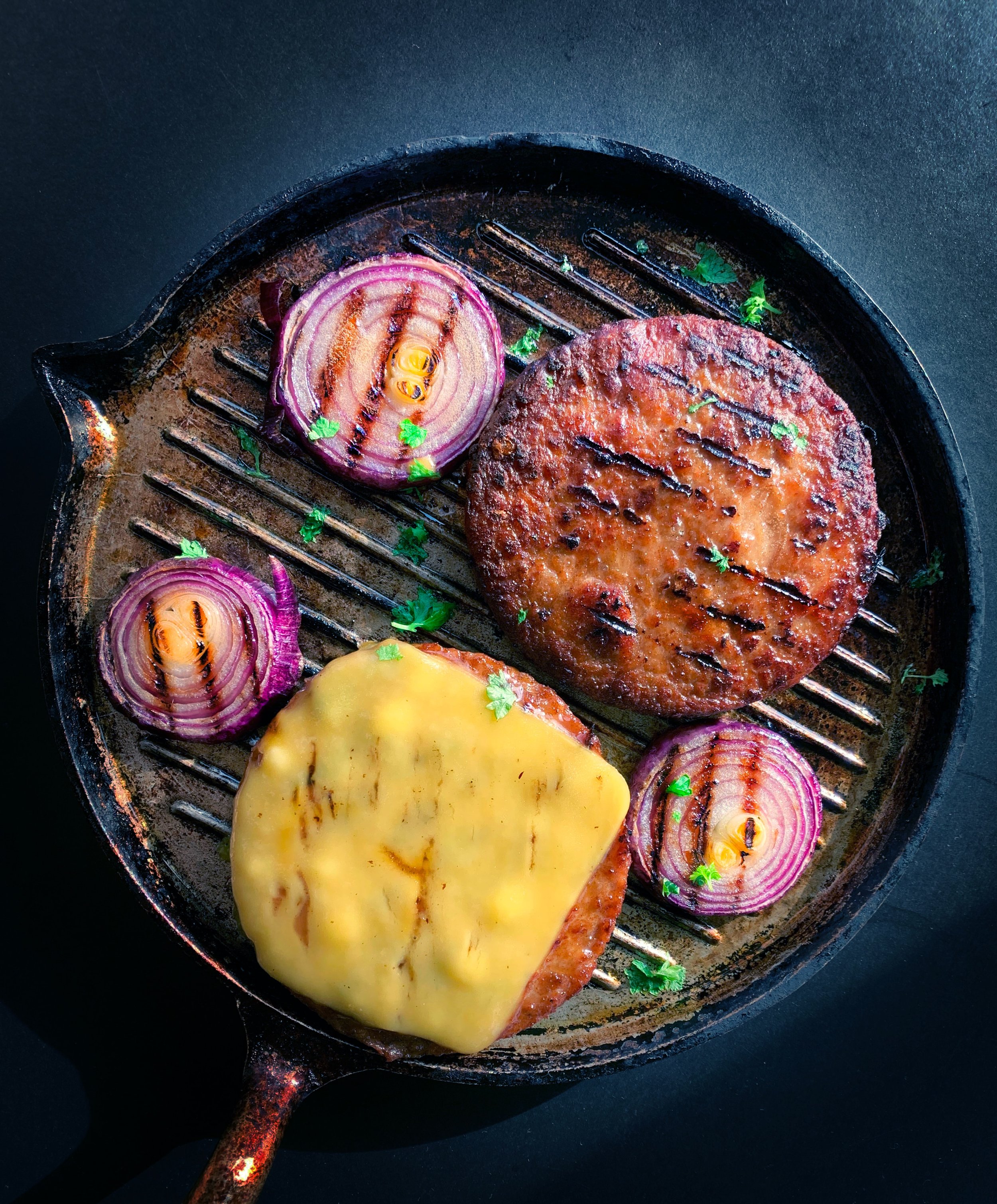Are You Eating Harmful Fats?
Fats are needed in our diet for many reasons, including building cell membranes and hormones, supporting brain health, vitamin and mineral absorption and some even help lower cholesterol. There is a massive difference between a healthy, cold-pressed olive oil and the trans-fats found in packaged cookies or fries. Not all fats are created equal and eating the wrong type can be detrimental to our health and promote aging.
What Are Trans-Fats & Why Should You Avoid Them?
You likely know that you should avoid trans-fats, but why, what are they and where are they found? The process of making trans-fats involves the use of extremely high temperatures, hydrogen and chemicals that convert them into immensely refined, inflammatory oils that make foods shelf-stable so they can stay on grocery shelves (literally) forever. Trans-fats promote free radical damage that causes aging, damage to blood vessels and arteries, the gut and promote cardiovascular disease. They are commonly found in packaged foods of all kinds, sauces, dips, dressings, chocolate, fried foods, baking and more.
Omega-3 Fats
Omega-3 fatty acids are polyunsaturated fats, which include EPA, DHA and ALA. Omega-3s are consumed the least in our modern world due to the overconsumption of processed foods. We need 4x the amount of omega-3s than omega-6s, but unfortunately, the average North American consumes 20x more omega-6 fats when eating a Standard American Diet (SAD)!
Best Sources:
Flaxseeds
Hemp
Walnuts
Pumpkin seeds
Fish (wild fatty fish & quality fish oils in triglyceride form)
*Canola oil is an omega-3, but I don’t recommend it as it’s highly processed.
Omega-6 Fats
You may think that all omega 6 fatty acids are bad, but this isn't true. Our body's need omega 6 fats just like as omega-3s, but in lesser amounts and the right type. The ratio of omega-3s to omega-6s should be 4:1, which is what we find in healthy, happy grass-fed and grass-finished meats. Omega-6s are also polyunsaturated and types include: LA, GLA, DGLA and AA. These fats are more susceptible to conversion into their inflammatory forms depending on antioxidant and enzyme levels in the body, but are overall very beneficial.
Best Sources:
Evening primrose oil
Borage oil
Black currant seed oil
Nuts and seeds
Egg yolk
Omega-6s to Avoid:
Corn oil
Safflower oil
Sunflower oil
Peanut oil
Omega-9 Fatty Acids
We also have omega-9 fats which are not often talked about, but we need these too! Avocados, olives and cashews are great sources of heart-healthy monounsaturated omega-9s.
Saturated Fat
Saturated fat, especially from coconut oil, have been shown to raise “good” HDL cholesterol and lower “bad” LDL cholesterol, decreasing the risk of heart disease. They are usually solid at room temperature, are more stable and less susceptible to damage and oxidation compared to unsaturated fats like omega-3s and 6s.
Best Sources:
Coconut oil
Coconut butter
Coconut milk
MCT oil
Fats from grass-fed animals: beef tallow, ghee or butter if tolerated
Whole, organic, free-range eggs - yolks are great sources of healthy cholesterol!!
Additional Tips:
Choose oils in dark glass bottles & store them in a cool, dark place
Look for cold-pressed, unrefined oils
If consuming dairy, always choose grass-fed and organic
Learning to choose the right foods for you and your family is a process, and that’s where having a nutritionists’ guidance can be extremely helpful!
Asher Kleiber
Registered Holistic Nutritionist™
Sources:
Fat for Fuel by Dr. Mercola
Sources:




